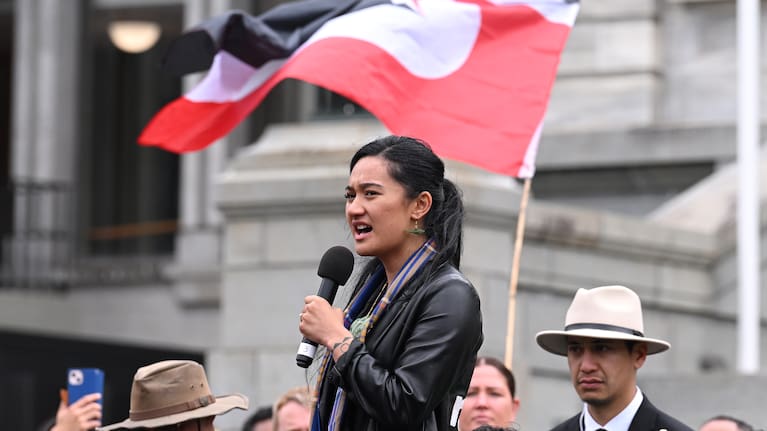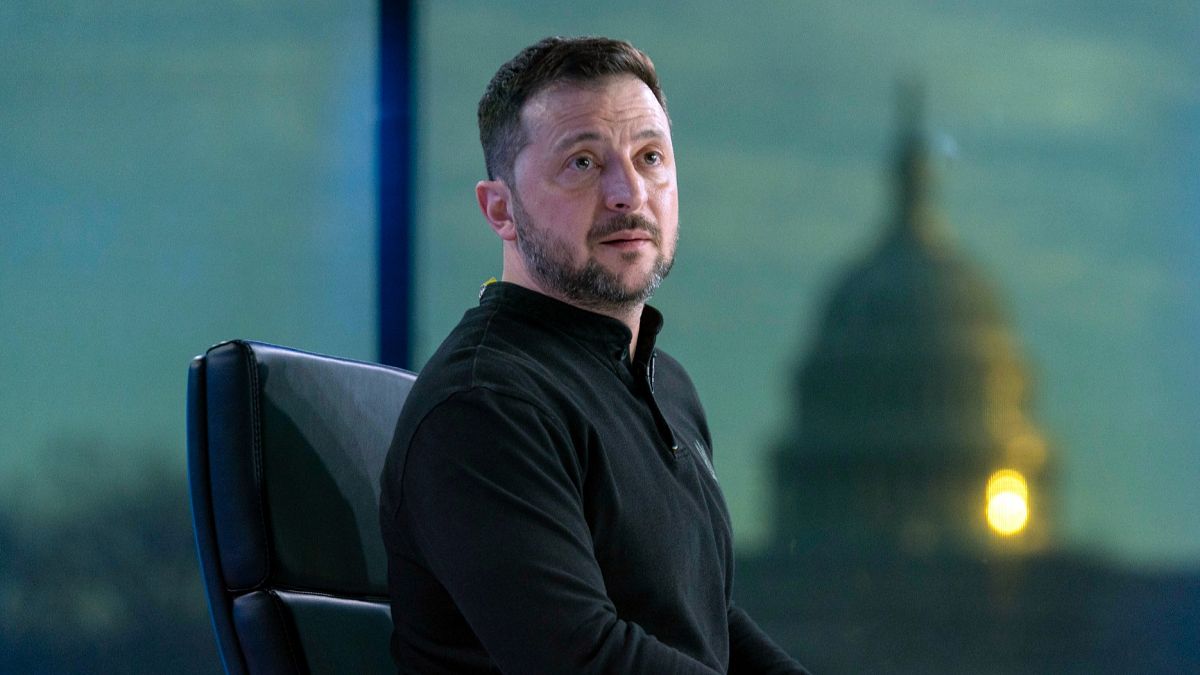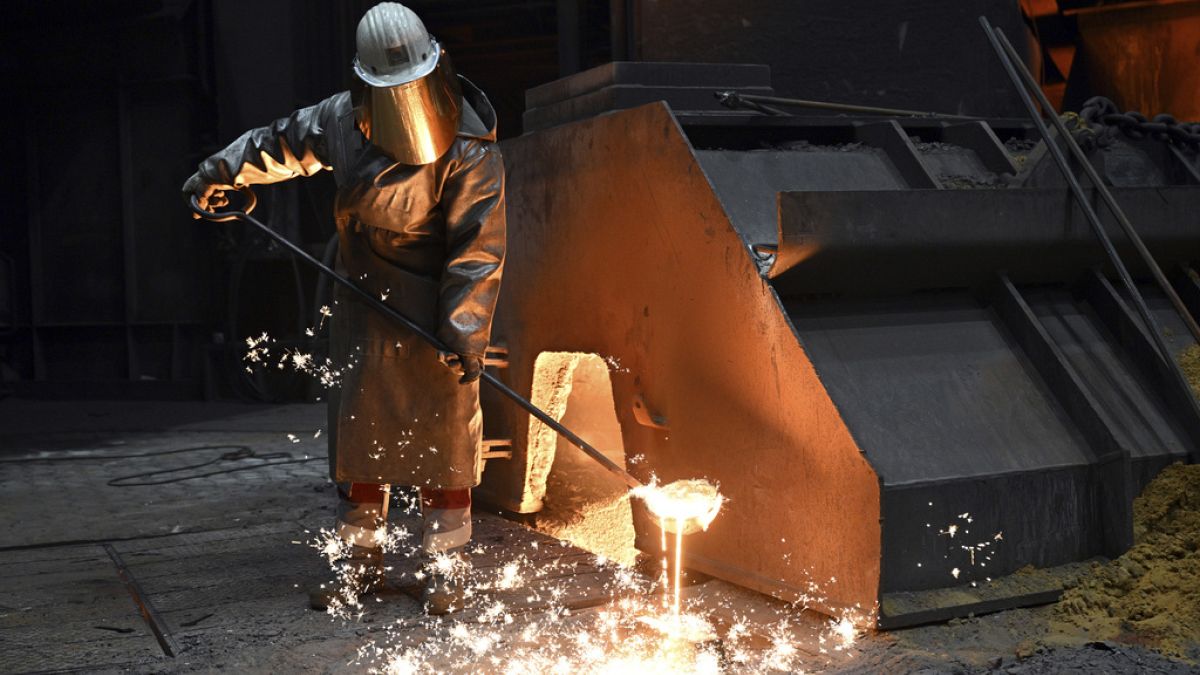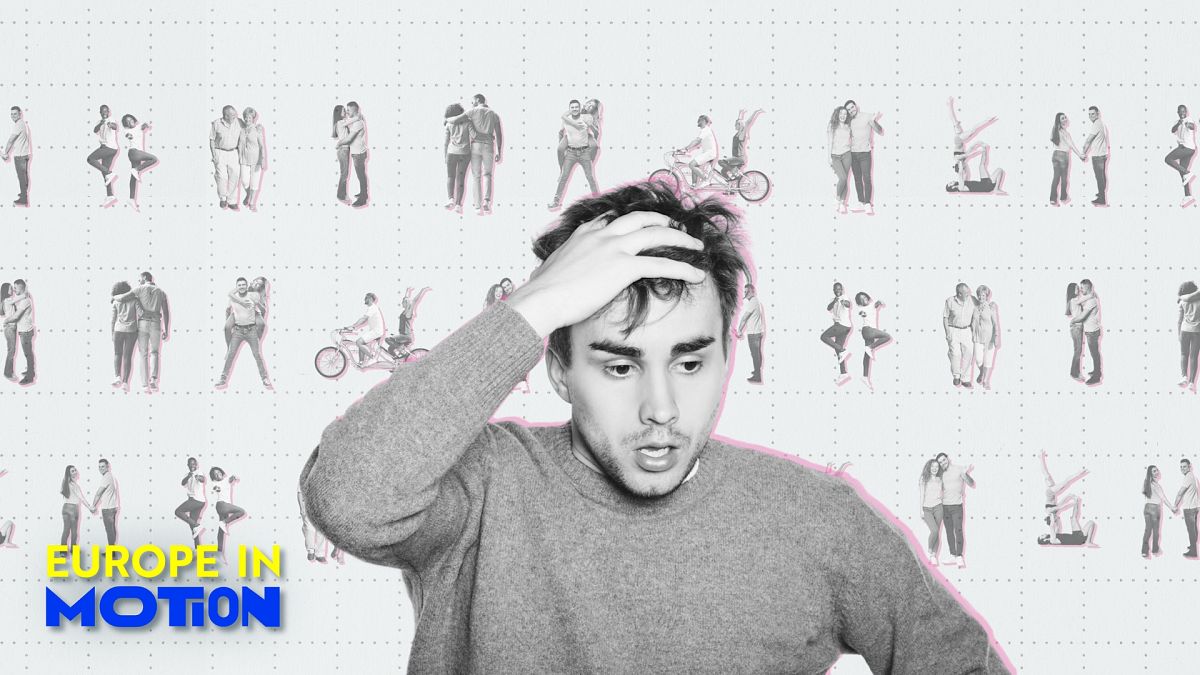The 22-year-old Te Pāti Māori MP talks to John Campbell about her world-famous haka and what she’d say to New Zealanders who find her confronting.
Watch this interview on our home for all news, indepth and consumer stories, TVNZ+.
In Parliament on Tuesday, just under three weeks after she leapt, literally and figuratively, into a global spotlight, I asked Hana-Rāwhiti Maipi-Clarke if she’d do her haka again.
“Again and again.”
She paused and smiled.
“Just for that Bill. Not a haka every time.”
I flew down to Wellington to interview Hana-Rāwhiti Maipi-Clarke. People often ask me what I’m up to when I’m travelling. And when I told all my new friends who it was I was going to see, the reactions varied from adulation, to admiration, to curiosity, to fury.
Same person.
Same haka.
Hana in an opinion maelstrom.
‘I’ve never seen hatred like that in parliament’
There is just one New Zealander among the BBC’s 100 Women for 2024 – the broadcaster’s annual list of “100 inspiring and influential women from around the world”. Hana-Rāwhiti Maipi-Clarke.
“Maipi-Clarke is,” the BBC declared, “a passionate advocate for Māori rights, cultural preservation, and environmental issues.”
This would be the same Maipi-Clarke who received, as the BBC mentioned in its commendation of her, “the prestigious One Young World Politician of the Year award for her efforts to amplify young indigenous voices in politics.”

This would be the same Maipi-Clarke whose haka in opposition to the Treaty Principles Bill, performed in Parliament on November 14th, had been viewed 700,000,000 times globally within less than a week. It could now reasonably be expected to have topped a billion viewings. The haka as brand Aotearoa. A vision of this country the world typically embraces, to such an extent that no lesser publication than The Atlantic wrote: “The All Blacks’ rendition of the haka is indeed a superb act of nationalism, but also a heartening example of postcolonial cohesion.”
This would be the same Maipi-Clarke suspended from Parliament and docked a day’s salary, for behaviour described as “appalling”, “disrespectful” and “grossly disorderly”.
“She’s that very young MP for the Māori Party”, journalist Barry Soper said, speaking of Te Pāti Māori on Newstalk ZB. “I’ve never seen hatred like that in Parliament before.”
And this would be the same Maipi-Clarke of whom Shane Jones said, also on Newstalk ZB, “Parliament has inherent powers to put people in jail and the way the Māori Party are carrying on, that seems to me quite the appropriate response.”

Passionate. Amplify. Cohesion. Disorderly. Hatred. Jail.
Same person.
Same haka.
The Atlantic magazine is right, of course, when the All Blacks do the haka it is a superb act of nationalism. And we love it when the world notices.
When FIFA’s top officials arrived in Auckland for the Women’s World Cup in October 2022, they were welcomed by Ngāti Whātua Ōrākei in a pōwhiri described as “beautiful”, by FIFA’s global head. “I give you all thanks, and here is a whakataukī (proverb) for us all: it is important for us to weave people together.”
But who decides when the haka isn’t an act of cohesion – of weaving people together? Who determined the haka is appropriate for sporting occasions and high-profile receptions, but not for Parliament?
No haka in Parliament? Who said?
She’d do it “again and again.”

I interviewed Hana-Rāwhiti Maipi-Clarke in the Te Pāti Māori offices in Parliament. The entire time I was there, almost no-one I met was over 30.
The offices were abuzz with the kind of energy and purpose that Aaron Sorkin used to flood The West Wing with, when his keyboard was at its most floral.
Maipi-Clarke had come up from meeting a group of kura kids from Te Tai Tokerau (Northland) who’d just performed a haka in the debating chamber.
For this group of young Māori, many visiting Wellington for the first time, Parliament now speaks to them in a way the Usher of the Black Rod never will. Those traditions we enshrine and preserve – a “procedure developed in Britain to prevent a repeat of the unwelcome foray by Charles I into the House of Commons in 1642″.
What you can see you can be.
She is mobbed by young people. Some cry when they see her. (Truly.) And representation means participation. As RNZ reported, in the days surrounding the hīkoi and the haka, 3000 people signed on to the Māori electoral roll. The previous month that figure was 59.
‘I’ve been around great, humble men my whole life’
I ask Maipi-Clarke about this. “I know some people get offended at this,” she says. “Me saying I’m not a leader. I’m just, I’m a follower to the greater cause that our ancestors have made for us, and I’m just another person filling the seat for the day. And, yeah, just happy to be a part of it.”
Happy to be part of all of it? Including the intense and personal criticism she receives?
“That’s a whole other world that I think, um, I’m still kind of digesting. But basically, I feel like I’ve always been around really, really great humble men my whole life – grandparents, father, brother, teachers. And coming in here, kind of being heckled down or like bullied by older men, has been really triggering for me. So, you know the saying is, my mum tells me, ‘when they go low, you go high’. So finding those coping mechanisms.”
David Seymour said, “To the rest of the world and the overwhelming majority of New Zealanders, it just looks ridiculous. You’ve got one person putting up a reasoned debate and inviting a response, and then you’ve got people that dance around doing a war dance, hurl personal insults, and ultimately get kicked out of Parliament. We’ve got to take a reality-check here, that behaviour is totally unacceptable.”

I quoted that to Maipi-Clarke. “I basically just flip his words back to himself,” she says. “Te Tiriti o Waitangi is a treaty that most indigenous peoples around the world long for, and we should accept it and embrace it. It’s not a race thing. It’s a country thing that we should be proud of and embrace. And I think that it’s disgusting behaviour to have this kind of debate… If there’s anything in this Parliament… that’s non negotiable, it’s Te Tiriti o Waitangi. So, that’s why I said no, it’s not even worth it. Rip it up.”
And she did.
‘There’s nothing to fear from me’
Off it went, that now famous clip, colonising the worldwide web. It’s been most viewed courtesy of Whakaata Māori’s TikTok account. When I looked yesterday (Friday) afternoon, it had been watched 446,000,000 times. It’s had 26,000,000 likes. On one TikTok post.
Worldwide Google searches for the word “Māori” are now at their highest level since 2004. Normally, we love it when something done by a New Zealander gets this kind of global recognition.
But there are people who find her confronting, affronting, confusing. What does she say to them about who she is and what she’s hoping to achieve?
“There’s nothing to fear from me. There’s nothing to fear from us… And I’m kind of tired. I’ve only been in here five minutes, but I’m not going to constantly have to justify myself or prove anything to anyone, because we know who we are, we know where we’ve come from, and we know where we’re going. I constantly elaborate on that.”
“But what I will say is, to any of those people, I hope one day that I can hold your grandchildren’s hand. That’s what our country is. I hope I can hold your grandchildren’s hand knowing that we share some of your culture, some of my culture, and it’s accepted, and the attitude towards us changes significantly, because, really, we’re not losing anything.”
Hana-Rāwhiti Maipi-Clarke has been to see Parliament’s Speaker, Gerry Brownlee.
“I saw him and I said, ‘I take accountability. I know what I was doing, and I’ve come here to say that, to see you face to face, because I was confident enough to start it, I should be confident enough to end it and see you. Not apologise, I’m not going to apologise, but I will take accountability.’”

At Tūrangawaewae, in January, Kiingi Tūheitia spoke to the 10,000 people gathered at the Hui aa Motu he had called to marshal a collective response to the Treaty Principles Bill. Kotahitanga. Hana-Rāwhiti Maipi-Clarke was there.
“The best protest we can make right now”, the Kiingi said that day, “is being Māori. Be who we are. Live our values. Speak our reo. Care for our mokopuna, our awa, our maunga. Just be Māori. Be Māori all day, every day. We are here. We are strong.”

Less than a year later, his local MP, 22 years old, stood in Parliament to deliver a now globally famous haka.
She doesn’t see herself as a leader. But she does see herself as Māori and as strong.
“Why do we have to, you know, axe our language when everyone can say a ‘kia ora’ here and there? Or why do we have to diminish the haka in the place where we can really celebrate it? So, yeah, I don’t understand why people fear my culture. I don’t understand why people don’t want to hear my language. But I won’t stop doing it.”
“I think for me, it’s so natural to be Māori in my hometown. What I mean by that is that I never have to justify myself. I never have to, you know, defend myself on the way I do things. And it shouldn’t be, you know, scary to other people. It’s actually beautiful. And you can benefit from this too.”
Watch this interview on our home for all news, indepth and consumer stories, TVNZ+.













